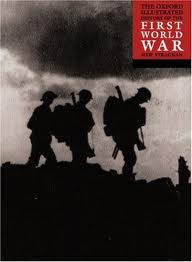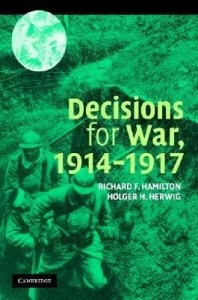Porter’s book is in many ways an eye-opener. It was a surprise to discover that Britain’s empire was not a topic of national discussion until the latter portion of the imperial period. If porter’s thesis is correct and the people of Britain were by and large ignorant of the empire and willfully so as he makes clear in his introduction then that makes a hash out of most of the post-colonialist arguments he is criticizing.[1] It is Porter’s position that Britain was not “steeped†in imperialism even for the segment of society from which most imperial administrators were drawn until comparatively late in the imperial period itself.The Absent-Minded Imperialists has much to tell us about the way in the British Empire was perceived in Britain itself during the imperial period. Porter makes an excellent argument that while the empire materially affected the lives of many Englishmen through such things as raw materials, some culinary habits, and trade; these things did not necessarily mean that the average Englishman was consciously aware of the extent of Britain’s empire on a day to day basis. He also demonstrates why this could be so. Once he really delves into the ways in which the British Empire affected the British home culture he proves his point quite well.
The Actual Writing of a Thesis-Part 3
    At this point, I am well into writing my thesis. I completed chapter one last night and got started on writing chapter two. So far, with the introduction and first chapter I have written twenty-six pages out of what should end up being about an eighty pages or so project.     So far that actual writing part has been easier than I thought it would be. I have never written a paper that is as long as this one is and that had me worried at first. What I am finding is that the initial getting started writing each day can be difficult but once … More after the Jump…


 moment. I then settled down and decided to write an outline.
moment. I then settled down and decided to write an outline.
